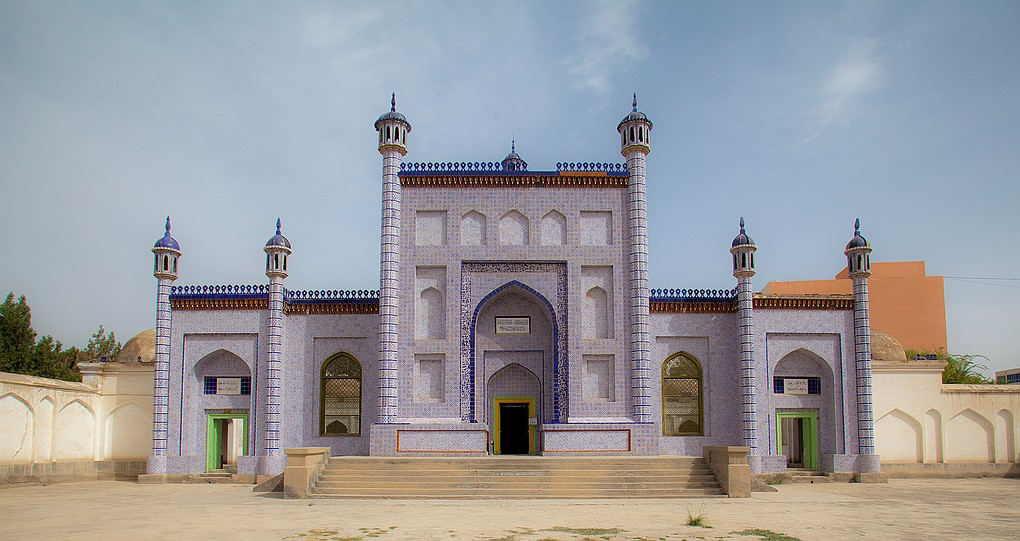Unveiling Resilience: A Review of "The Awakened Land" by Abdurrehim Otkur
Unveiling Resilience: A Review of "The Awakened Land" by Abdurrehim Otkur
Uyghur Heritage
Abdurrehim Otkur's "The Awakened Land" is a landmark in modern Uyghur literature. It offers a gripping portrayal of the turbulent era in the Uyghur region during the late 1920s and early 1930s. Against political tyranny and societal unrest, Otkur skillfully unveils the intricate factors leading to a rural peasant uprising and its unfolding repercussions.
With deft narrative strokes, Otkur unveils the horrors of oppression inflicted upon the populace by despots like Yang Zengxin and Jin Shuren, capturing the festering discontent that ignites rebellion. Through the vibrant characters of Khojaniyaz Haji and Sali Dorgha, he embodies the resilience and courage of those who dared to challenge their oppressors.
What distinguishes "The Awakened Land" is its unwavering commitment to historical accuracy and meticulous attention to detail. Otkur paints a vivid tapestry of Uyghur society, intricately weaving elements of the period's daily life, customs, beliefs, and linguistic nuances.
While rooted in a specific historical context, the novel resonates with universal themes of justice, resistance, and the enduring human spirit. Otkur's narrative prowess elevates this historical chronicle to a poignant and thought-provoking literary work that transcends boundaries.
The accolades bestowed upon "The Awakened Land," including the Excellent Prize for its first part on the 4th session of the Minority Nationals Literary Award, underscore its profound impact and significance in Uyghur literature. Despite the author's health preventing the publication of the planned third part, Otkur's legacy endures, cementing the novel's rightful place as a cornerstone of Uyghur literary heritage.




Comments
Post a Comment